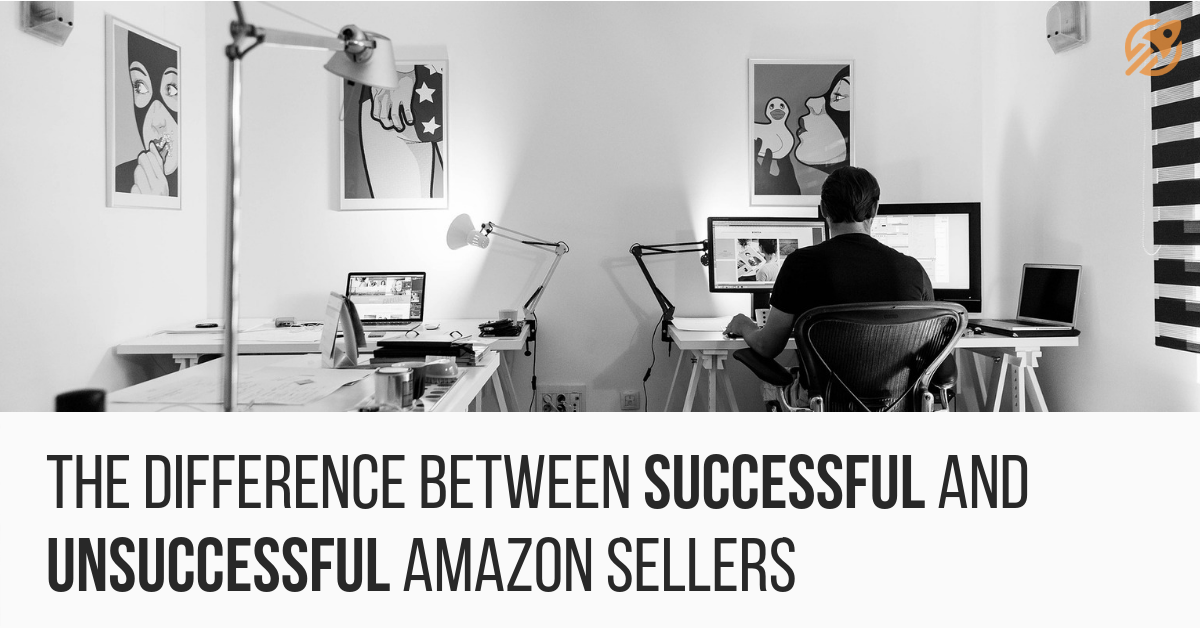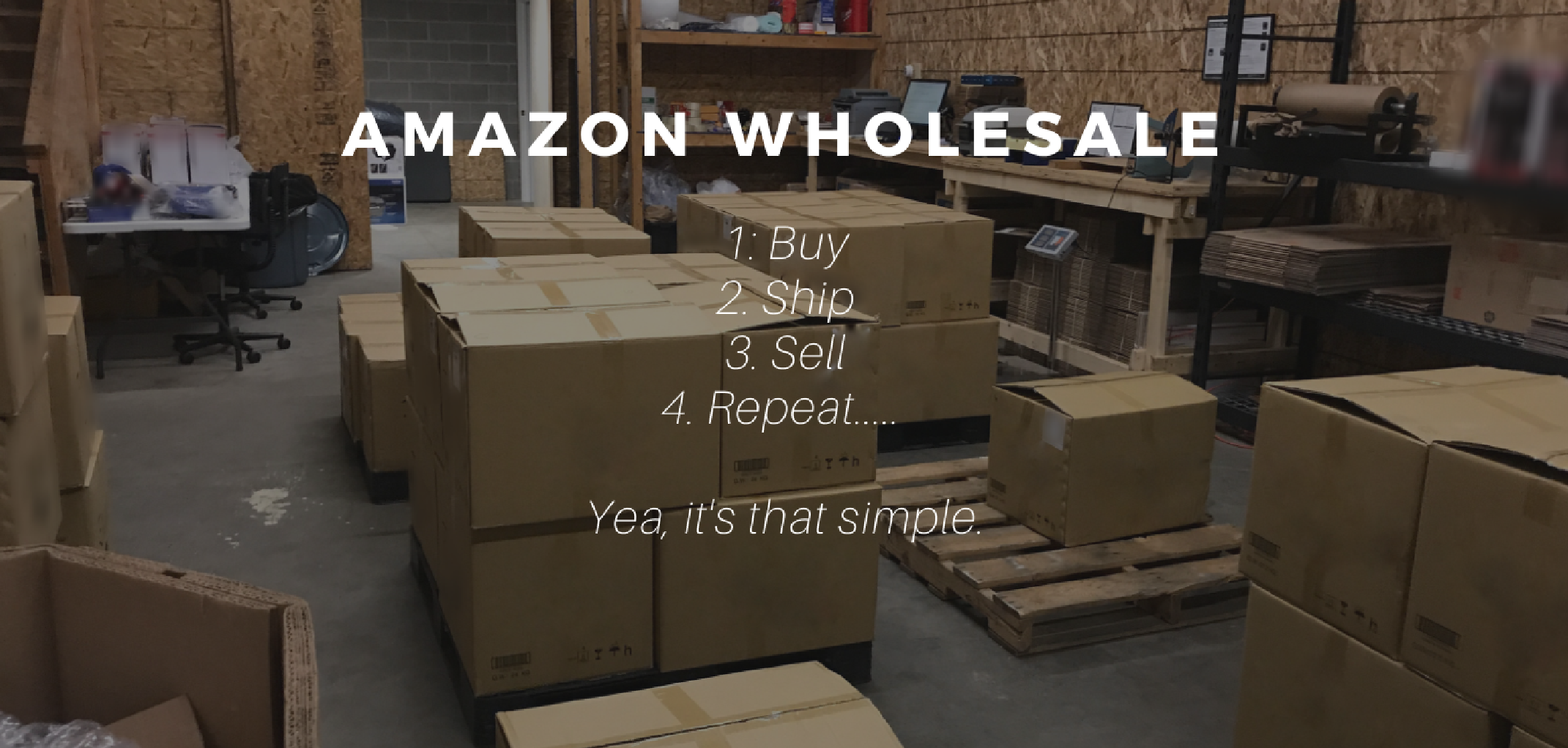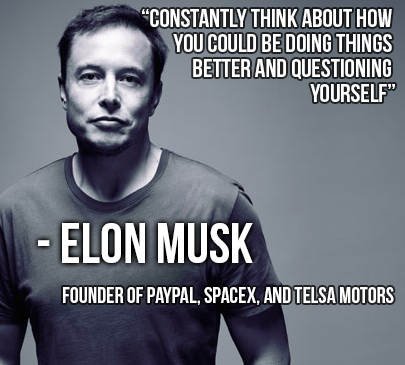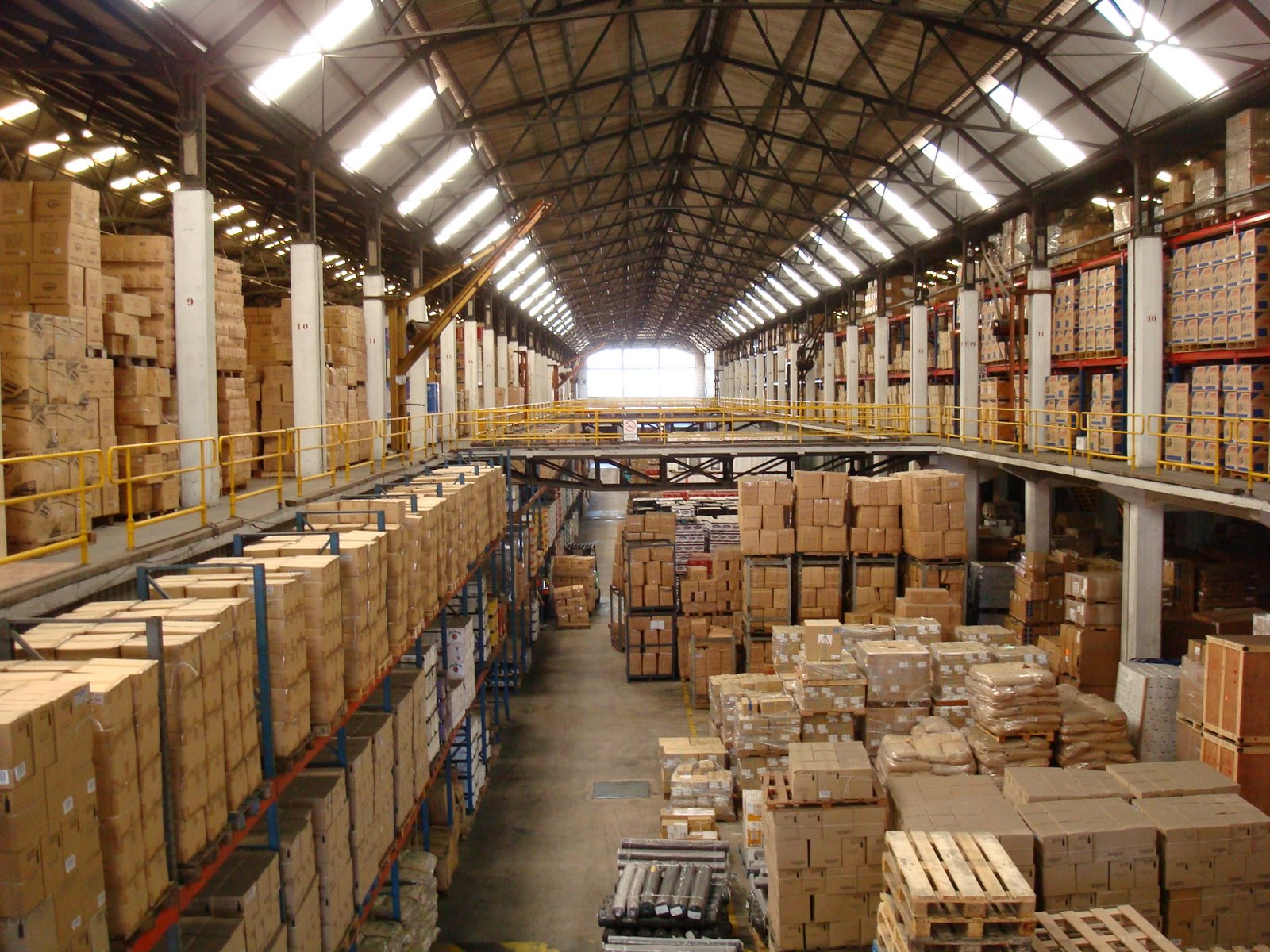
There’s a clear divide between sellers who do very well and those who flounder for many years – if they even get that far.
After interviewing and talking with some of the best wholesale Amazon sellers in the marketplace, we learned a lot.
New sellers have a hard time understanding where to spend their time. How to know what’s important and what’s trivial.
• #1 They Do The Work Every Day
• #2 They Don’t Do All of The Work
• #3 They Focus On The Right Kinds of Problems
• #4 It Either Scales or It Doesn’t Exist
• #5 They Make Decisions Based on The Numbers
How you build your business and approach growth from day one can mean a difference in trajectory for the next few years. Getting this right can mean the difference between being a seller three years from now or moving on to the next thing.
To save you from going through that struggle and the odd feeling that you’re missing that one little piece of the puzzle, we’re going to break down 5 differences between successful and unsuccessful Amazon sellers.
#1 They Do The Work Every Day
Selling on Amazon is touted as this incredibly easy business model to get started with by guru after guru. The reality is that this business model takes time and a ton of effort initially.
Wholesale specifically isn’t difficult; It’s simple but not easy as we like to say. Regardless of the business model, you’re starting a real business. That means doing real work.

It’s this simple but you still have to do the work.
You could send a few emails in the early days to land enough accounts and know there would be enough margin for profit. The marketplace has matured making it tougher but that doesn’t mean it’s saturated either.
To have a successful Amazon business you’ll need to put in the work every single day. Not every now and then. Not every few days. Every day!
That’s what it takes to succeed. Eventually, you get really good at sourcing wholesale products and managing the whole process. That’s when you can put in less work and continue to grow but not while starting.
This alone is one of the biggest differences between successful and unsuccessful sellers.
#2 They Don’t Do All of The Work
With the above said, they don’t do every single thing. Regardless of the business, the founder/CEO can’t do everything.
In the early days, you don’t have much of a choice. Successful sellers immediately begin strategizing their first hire and offloading as much of the work using tools like Vendrive, Restock Pro and many others.
The goal here is to spend the majority of your time on either the highest valued tasks – like sourcing new products and building relationships with suppliers – or the tasks you enjoy the most. After all, it’s your business!
Being smart with how you spend your time is the key to making more with less.
Get this right and your stress levels being to lower, you start adding more suppliers than before and the business keeps moving along with minimal inputs from you – assuming you start to build a great team.
#3 They Focus On The Right Kinds of Problems
How you handle problems as an entrepreneur or business owner defines your success in my humble opinion. Every business has problems. Some worth your attention some not so much.
This goes slightly hand in hand with not doing every single thing in your business.
Successful Amazon sellers know how to prioritize problems and create solutions quickly. The truth is that most of the “problems” we believe to have aren’t real. Even worst, they don’t matter.
Overcoming this is mainly due to gaining experience as a seller and being put through the wringer a bit. Just keep in mind that every seller has gone through what you’re going through right now and overcame it.
That means you can overcome those same issues that feel like mountains to climb.
What a relief, right?!
Whatever problems that come up during the day, make sure you prioritize them accurately. Not all problems are created equal.

#4 It Either Scales or It Doesn’t Exist
If you can’t properly handle 100 units per month, how could you possibly handle 1,000+?
I believe that every business should be started with scale in mind. Things aren’t going to scale in the early days but keeping this in mind means you’ll make decisions that make scaling much easier when the time comes.
Knowing you can prep and ship 10,000 units as easily as 100 units is a freeing feeling. It also means you’ll have a capital issue long before a logistical one.

Regardless of which systems you’re working on in your business, they need to lend themselves to scaling your operations.
Successful sellers are so large not because of the ASINs they carry but because of the capacity to carry them. Once the machine is properly set up, it’s mainly a capital growth issue.
Don’t worry about making your business perfect though. Some of the best businesses are held together with duck tape as Ari Meisel says.
#5 They Make Decisions Based on The Numbers
Talk to any large Amazon seller and you’ll quickly see how much they understand their numbers.
From seeing that FedEx may be a cheaper shipping option than UPS to optimizing their restock orders – every decision is made based on the numbers, not emotion.

With little selling experience, we often feel as though we’re making the right decision because of how it feels. This is known as Confirmation Bias – the tendency to interpret new evidence as confirmation of one’s existing beliefs or theories.
Because we watched a Youtube video or read something in a Facebook group, we start looking for confirmations. This is a major problem with new sellers.
It’s why we look for reasons to not purchase inventory, rather than looking for reasons to buy it. We eliminate confirmation bias in our reverse sourcing system.
Experienced sellers know what to look for and understand that some things can’t be obviously seen. That’s why the focus on the numbers instead.
You don’t have to be a large or heavily experienced seller to use this knowledge. Learn from their experience, from their mistakes and cut the learning curve in half.
Good Artists Copy; Great Artists Steal
– Picasso
You don’t have to reinvent the wheel when it comes to selling on Amazon but you still have to do the work. By focusing on the right things, only doing the work that’s important, making decisions based on data and being able to scale easily you’ll be in a much better position for success than a seller who doesn’t.
If knowledge is power, you now have jet fuel, my friends.






About The Author: Dillon Carter
Hi, with James, we're building Amazon tools that we wish we had when starting our own companies. We love tech, coffee, building systems and all things Amazon.
More posts by Dillon Carter